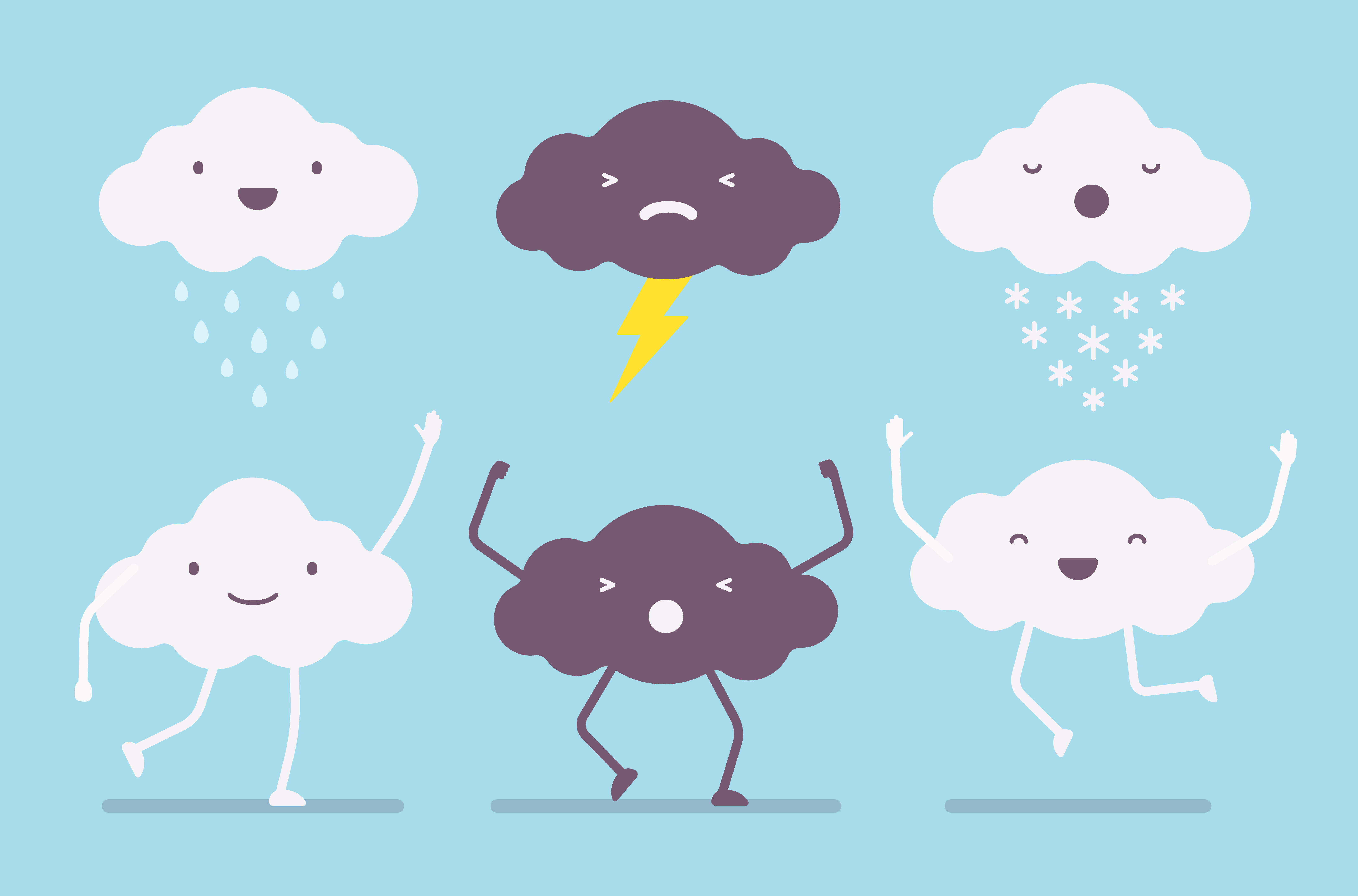Mood-Forecasting Technology - Predict, Prevent Bad Moods


Today, we have become habitual to health and fitness trackers and other gadgets to monitor our health and physical well-being. Ever wondered about having a device or an app that could tell you about a day in advance?
Well, brace yourselves because that might be a reality soon. Thanks to the nascent field of mood forecasting, this new technology will especially be helpful for people with mental health issues. Imagine an app telling you about a day that a person would experience depression or suicidal thoughts and alert the individual and their trusted contacts.
According to NBC News, by warning about the early signs of emotional distress, this new technology – apps and wearables, could help preserve mental well-being.
EXPLOITING THE CONNECTION BETWEEN MIND AND BODY
Mood forecasting involves the exploitation of the mind and body connection. According to research, spells of sadness or anxiety, any changes that occur in our mental state, influence our bodies noticeably. The best known of the emotional biomarkers is heart rate. The human pulse tends to increase under stress. However, our bodies respond to psychological distress in other ways as well. Reduced sleep and movement account for depression. Perspiration tends to increase with emphasis. While with what Harvard psychologist Matthew Nock calls "emotional arousal," skin temperature rises.
"We rely on patients to tell us how they feel, and we are beholden to that in making our decisions," says Ipset Vahia, a psychiatrist at McLean Hospital in Belmont, Massachusetts. But because it isn't subject to the vagaries of our mood and our ability to assess our psychological state, the technology could give doctors more reliable information.
Theoretically, any wearable with movement, pulse, and skin temperature sensors can help with mood tracking. But, information about one's mental state could also be revealed by something as simple as our use of smartphones. What experts call our "digital phenotype" have different markers, like the pace at which we call, text, or post on social media. For instance, we post more pictures when we are happy and fewer when we are sad.
DETECTION AND INTERPRETATION OF BIOMARKERS

To develop apps and devices that will detect and interpret the biomarkers and give helpful advice, private organizations and academic researchers are collaborating to exploit all this valuable data.
Rosalind Picard, a computer scientist at the MIT Media Lab in Cambridge, Massachusetts, said: "By making these micro adjustments day by day, maybe you would stop sliding toward depression and bounce back."
For instance, a mood forecasting app or device could encourage someone to take a stroll when there's a reduction in the movement for several hours or call a trusted contact when it detects a cutback on texting. Alternatively, the identified and interpreted data could be shared directly with a person's doctor for necessary intervention.
"Based on how we use technology, our mental state can be predicted.", said Sharath Guntuku.
WHAT THE RESEARCH STUDIES REVEAL
Early studies have given a glimpse into the potential of mood forecasting.
Last June, according to reports by a team led by Picard, an experimental wearable – a wrist sensor could pinpoint stress. For the experiment, the wrist sensor was worn by 201 college students for five semesters. It monitored their phone activity, body temperature, and skin conductance.
The research published last year in the Journal of Medical Internet Research showed that the sensor was 80% accurate in determining when students were feeling stressed.
In another unpublished research from 2015 to 2018, it was found that a wristband to track psychiatric patients' body temperature, skin conductance, and movement could effectively predict harmful or suicidal thoughts about one day before they incurred. The wristband's prediction was about 75% accurate.
The researchers at the University of Michigan and the University of Chicago conducted an eight-week study including nine people diagnosed with bipolar disorder. The study revealed that changes in phone usage patterns could predict the symptoms of both mania and depression. "Mood states in bipolar disorder appear to correlate with specific changes in mobile phone usage," wrote the authors in their publication in the Journal of Internet Medical Research in 2018.
This research could be better, but preliminary, and mental health professionals are taking notice.
Last year, the McLean hospital psychiatrist, Vahia, convinced one of his female patients to wear a fitness tracker when her family contacted him to alert him about her increased anxiety. After three weeks, the collected data indicated that the patient's nightly sleep duration had dropped by almost an hour.
Nock plans to experiment with a bio-sensing wristband on psychiatric patients for his following study after they have left the hospital following a suicidal episode. The information from the wristbands and smartphones goes to a database, and if the research team spots a cause for concern, they will contact the patient, encouraging them to reach out for help.
THE BOTTOM LINE
There is no doubt that mood forecasting is a promising tech, but some see the risks in collecting and transmitting such intimate personal data. Even some of the scientists involved in the work agree with that.
Picard is concerned that this technology could allow employers to access the data and discriminate against job seekers or employees. The director of the health data science program, Jukka Onnela, at Harvard's T.H. Chan School of Public Health, warns that there is a need to conduct more research to differentiate between a cause of concern and normal digital phenotype.
Despite the concerns and perils associated with mood forecasting, it is on its way – or is it better to say it is already here? Even if mood forecasting becomes a success, researchers, scientists, and experts are under no illusion that the apps and devices with this technology can replace mental health professionals.
As per Vahia, "The essence of psychiatry remains between a person and a provider." He adds that the technology provides only "an extra layer of meaningful information."
For more exciting news and updates, visit SmallSEOTools Blog.











